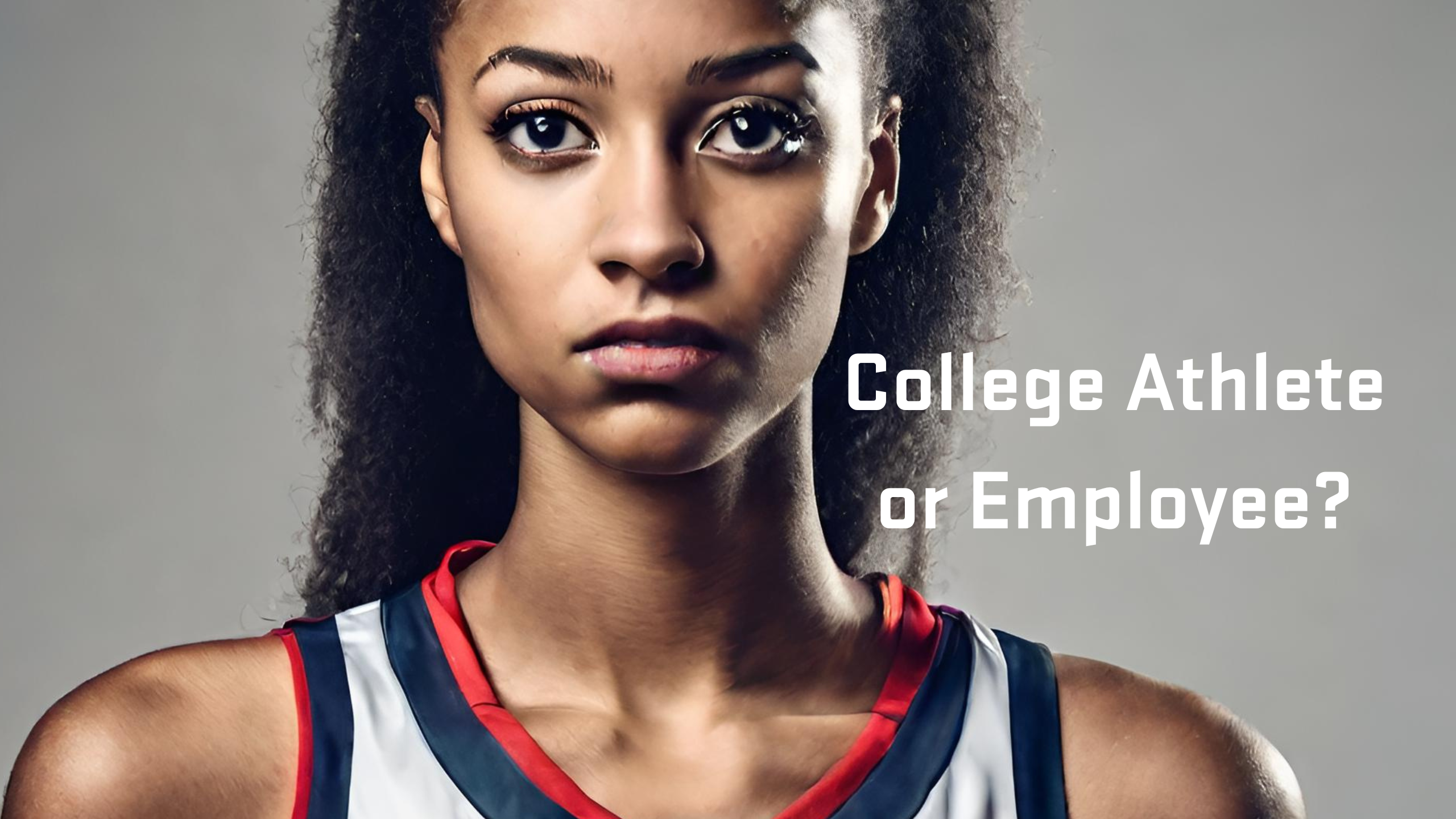I’m Tracy Benson, CEO of Obsesh NIL Sports Platform, a mission-driven company dedicated to championing the evolving landscape of collegiate athletics for Athletes. For the past two years, we’ve been navigating the uncharted waters of Name, Image, and Likeness (NIL) rights, ensuring that the Athletes at the heart of the college sports we love are empowered, educated, and connected.
The concept of college athletes being recognized as employees has sparked intense debate, particularly in the wake of Name, Image, and Likeness (NIL) regulations allowing athletes to profit from their personal brands. I believe we are at the second critical juncture of the new NIL era. For those of you who aren’t versed in all things NIL, two years ago marked the first time in the history of college sports that every athlete has the legal right to work and make money from their own name, image, and likeness. The problem is that the NCAA fights the battle to reverse it every day instead of building and securing a future that treats Athletes fairly across all sports and financially supports this new era and law.
There current move is to convince the federal government that Athletes are NOT employees. That they don’t look like employees, they don’t work like employees, and that they are simply students competing for the love of their sport ‘at-will’.
There are both potential benefits and drawbacks to this shift of classification and status of college Athletes.
On the positive side, recognizing college Athletes as employees could lead to improved conditions. For the better part of the first 2 years of NIL eligibility, the market has been a wild west of ups and downs. A lot of confusion has been launched between the NCAA, universities, and its NIL Athletes. Sometimes classifications like this on a federal level can be benefit the Athletes, particularly with a true lack of NCAA leadership at hand. It would mean access to benefits like healthcare, “athlete” compensation, and the ability to formally set up players associations or unionize, which could provide a platform for athletes to negotiate for better treatment, facilities, and even pay. This recognition could also incentivize schools to invest more in their athletes, collectively, with budgets, media revenue from the governing bodies, for all sports, including women and niche teams alike. It’s hard to deny that this would be a better system from the Athletes perspective – look at the improvements made on a pro level as the example.
However, there are negatives. The “employee” status could blur the line between amateurism and professionalism, potentially diminishing the traditional college sports experience, but would it really? Have you diminished your fandom at the professional level because of their ’employment status’???!!. The bigger problem is the concern of financial implications for universities; as they may struggle with the added costs of salaries and benefits, leading to reduced sports programs and opportunities. Today, football and basketball largely pull in the donor dollars, the sponsorship and advertising revenue and the media / tv rights revenue – and a small slice of those budgets are spread across the operating budgets of niche sports teams and staffing. This could result in universities shutting down revenue sports so they don’t have to carry additional operating expenses of the Athletes. In particular, women’s sports are at the highest risk nationwide. Also, the dynamic of being an employee could add pressure on young athletes, shifting their focus from education to athletic performance even further.
As a leader whose mission is to help all athletes secure a future and maximize their brand, the idea of college athletes as “employees” promises to correct long-standing inequities, it also threatens to transform the landscape of college sports in ways that might not entirely benefit the female athletes or the institutions involved.
It’s a delicate balance that requires thoughtful consideration and debate legally and within the NIL sports community. I pray to a higher ground that there are women on the case and taking both the positive and negative into consideration.
Tracy Benson, CEO
